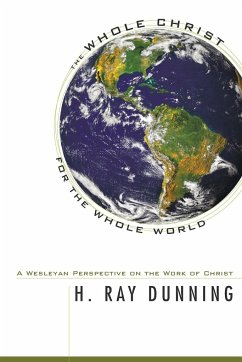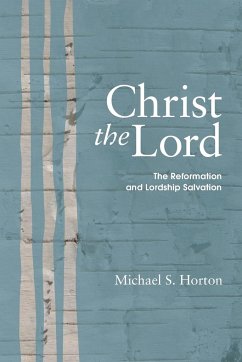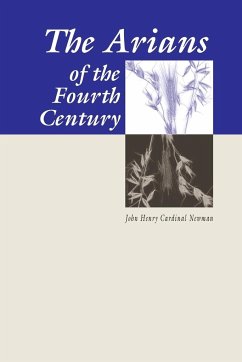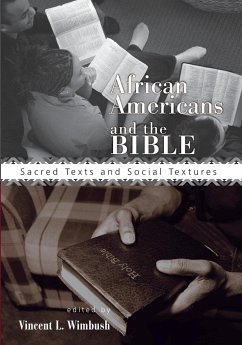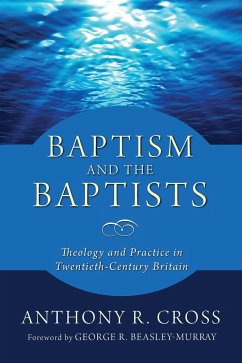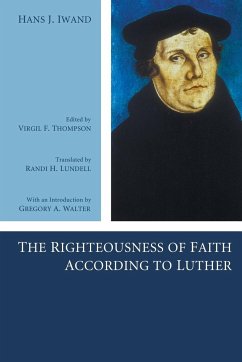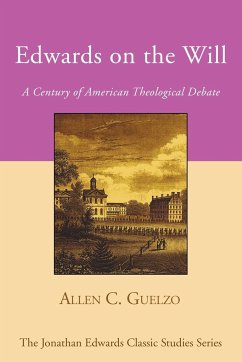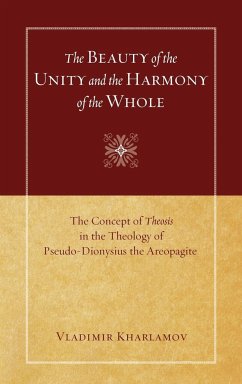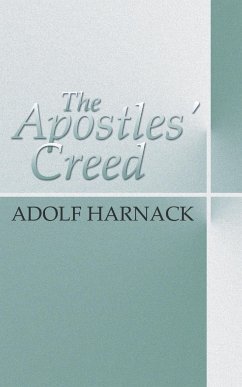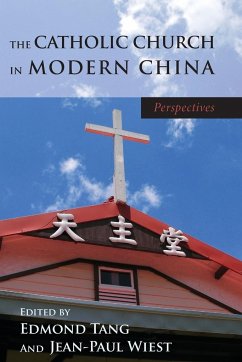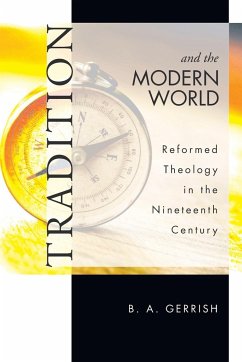
Tradition and the Modern World

PAYBACK Punkte
14 °P sammeln!
Together with the sixteenth century, the nineteenth century is universally recognized as one of the two most creative periods in Protestant thought. It is also widely regarded as a period that marked a break with the heritage of the Reformation. In five elegantly written essays, B. A. Gerrish challenges this assumption by showing that some of the foremost leaders of nineteenth-century liberal Protestantism found loyalty to their tradition compatible with change and desired a development, rather than either rejection or repetition, of traditional doctrines. Gerrish considers five basic theologi...
Together with the sixteenth century, the nineteenth century is universally recognized as one of the two most creative periods in Protestant thought. It is also widely regarded as a period that marked a break with the heritage of the Reformation. In five elegantly written essays, B. A. Gerrish challenges this assumption by showing that some of the foremost leaders of nineteenth-century liberal Protestantism found loyalty to their tradition compatible with change and desired a development, rather than either rejection or repetition, of traditional doctrines. Gerrish considers five basic theological issues and shows how each is developed in the thinking of a nineteenth-century theologian of the Reformed tradition. The formal question of continuity and change in theological reflection is viewed through the work of Schleiermacher. Four other Reformed leaders are then studied to exemplify the material transformation of particular doctrines: Nevin (the church), John McLeod Campbell (the atonement), Alexander Schweizer (providence and predestination), and Biedermann (life eternal). Gerrish permits each of the five theologians to speak for himself about what he was doing and how it constituted a continuation of old doctrines. In so doing Gerrish invites the provocative question whether there was not something characteristically Protestant about their thinking precisely because they understood continuity as a kind of change. The essays offer a reassessment of nineteenth-century theological history, fresh interpretations of some classical answers to enduring theological questions, and a contribution to the wider problem of tradition in the modern world.




